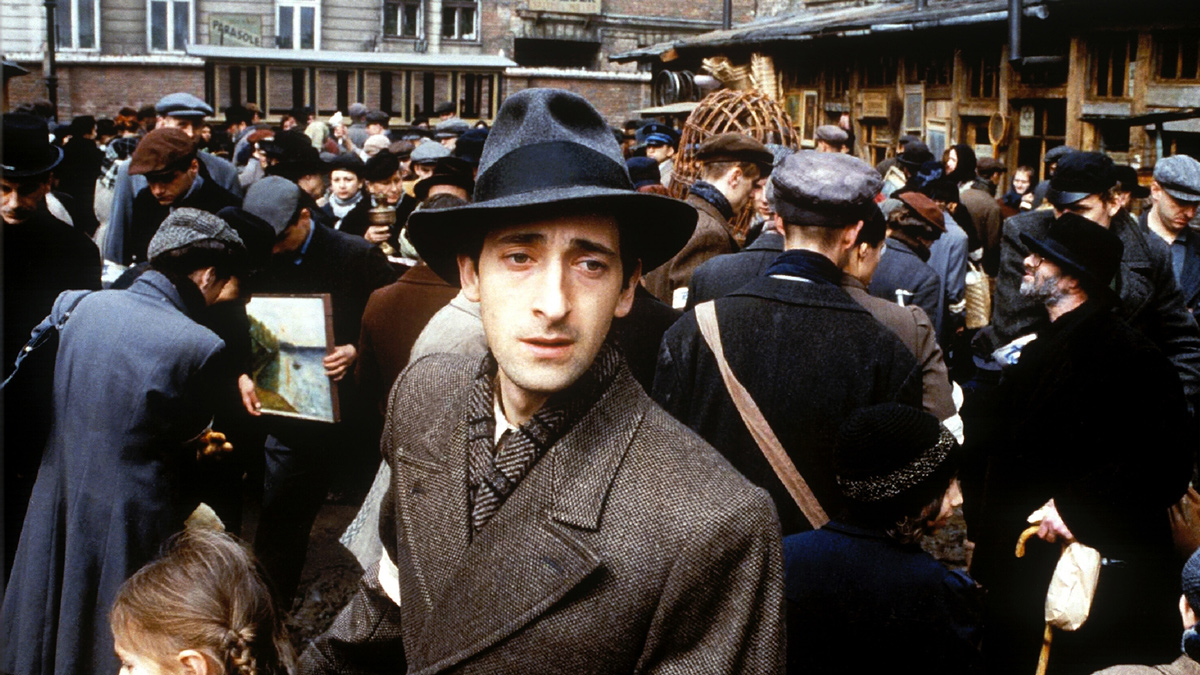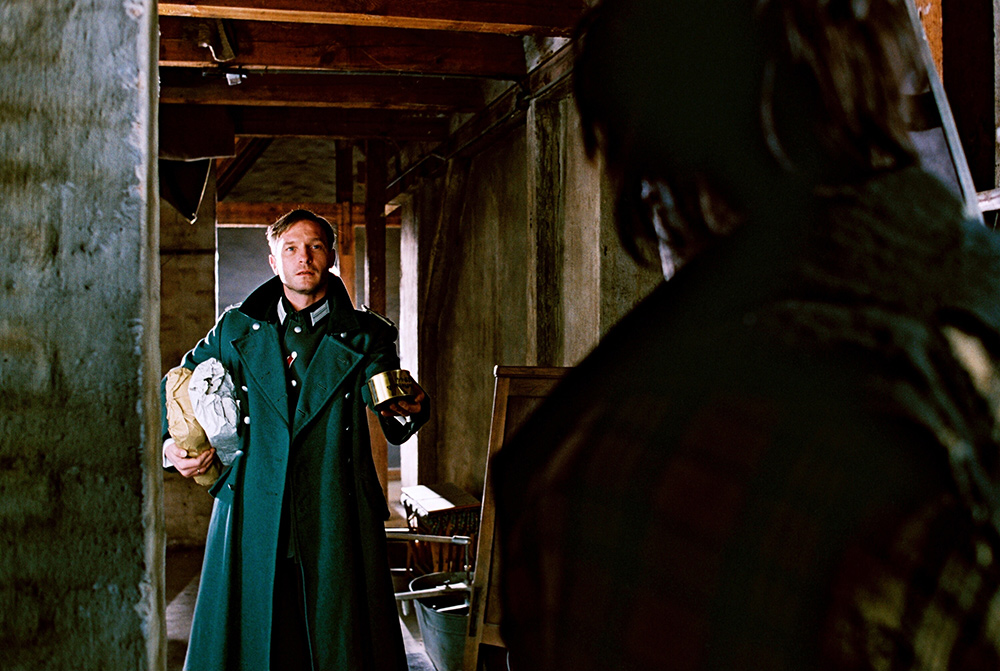
(c) Photofest / Getty Images
``The Pianist'' Why Polanski wanted to make it into a movie after experiencing the ghetto
2019.08.20
Salvation through melody and hints of love for the homeland
In the years between the German invasion of Poland and the end of the war, Władyk lost much due to merciless persecution. I lost my family, my homeland was stolen, and everything was destroyed. Moreover, life in the hideout was even more intense. He witnessed the Warsaw Ghetto Uprising by his fellow Jewish partisans from the window of his hideout, and saw the end of many of his comrades.
The guilt of losing one's compatriots and being the only one alive. Tormented by a sense of guilt and in a hopeless situation where he was constantly on the verge of death, Władik sought relief. The thing that gave him hope and the only savior at any time was the existence of "music."
The piano pieces played in the movie are familiar melodies by famous composers such as Beethoven and Bach. Most of the pieces are by Frédéric Chopin, and the only melodies played by Władik in the play are Chopin's works. Chopin, known as the ``poet of the piano,'' is one of Poland's leading composers and pianists. In other words, much of the music he composes has its roots in Poland. The fact that Władyk only plays Chopin may be an expression of his love for his homeland.
At the beginning of the film, in the scene where the state radio station is bombed, Władik plays Chopin's Nocturne No. 20 in C-sharp minor . Nocturne is often translated as nocturne, and it has an emotional tone that makes you feel relaxed and lost in your thoughts in a quiet space as the night approaches. At the end of the film, the nocturne is played again at a radio station that has been reopened after the war. It is the most memorable piece of music that plays at the beginning and end of the movie, and is the theme melody for The Pianist. Furthermore, in the middle of the film, each character's ``homeland'' is hinted at through the sound of music.

“The Pianist” (c) Photofest / Getty Images
In the middle of the movie, on August 1, 1944, towards the end of World War II, an armed uprising takes place in Warsaw, the capital, and the city is again engulfed in war. On October 2 of the same year, the Polish resistance organization was defeated with approximately 200,000 casualties. More than 80% of the city's buildings were destroyed, and the city was reduced to scorched earth. With nowhere to go, Władik pretended to play the piano keys in the middle of nowhere, seeking relief from an imaginary piano. Then, Beethoven's melody faintly echoes from a corner of the city, which has been reduced to a pile of rubble. Piqued by curiosity, I took a step toward the sound, and there I was, a piano. This leads to an unexpected encounter with a German soldier, Captain Hosenfeld...
Beethoven's melody here expresses the captain's love for his homeland in Germany. The music that plays is a masterpiece by German composer Beethoven, `` Piano Sonata No. 14 in C-sharp minor, Op. 27 No. 2 ,'' commonly known as the ``Moonlight Sonata.'' Like Władyk, who consistently plays Chopin, the presence of Beethoven represents the person's homeland. Of course, the person playing this song is Captain Hosenfeld of the German army.
While ``The Pianist'' portrays music as a kind of ``salvation'', it also functions as an effective tool to express the person's homeland.
<Reference>
Theatrical program for the movie “The Pianist”
Text: Hayato Otsuki
Born in May 1993 in Sapporo, Hokkaido. Writer, editor. He started his writing career in 2016 and currently contributes columns, movie reviews, etc. to various media. By reading the creator's Arrival from a bird's-eye view, we incisively analyze and explain the original intention of the work. His writing publications include "THE RIVER", "IGN Japan", and "Real Sound Movie Club". My specialty is action and fantasy.
(c) Photofest / Getty Images

